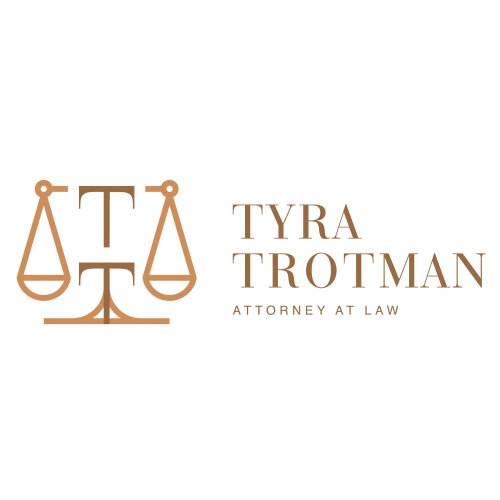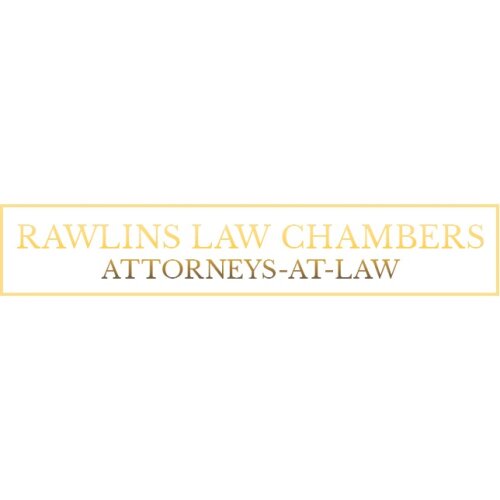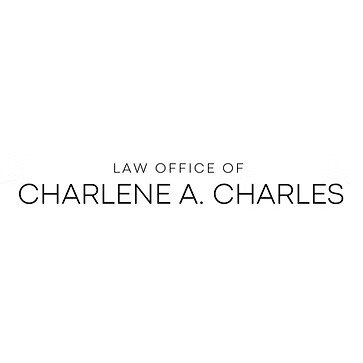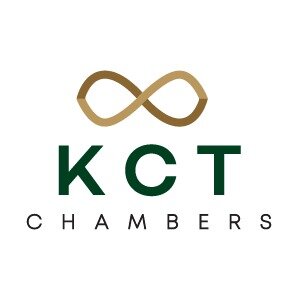Best Energy Regulatory Law Lawyers in Barbados
Share your needs with us, get contacted by law firms.
Free. Takes 2 min.
Or refine your search by selecting a city:
List of the best lawyers in Barbados
About Energy Regulatory Law in Barbados
Energy Regulatory Law in Barbados refers to the frameworks, statutes, and guidelines that oversee the production, distribution, consumption, and regulation of energy within the country. This field encompasses a variety of energy sources, including electricity, natural gas, solar, wind, and other renewable energies. The main purpose of these laws is to ensure efficient, reliable, and fair access to energy while protecting consumer rights, promoting sustainable practices, supporting industry growth, and upholding national and environmental interests. Regulatory bodies and government agencies play a central role in setting standards, issuing licenses, and intervening in disputes between energy providers and consumers.
Why You May Need a Lawyer
There are several scenarios in which individuals, businesses, or organizations might require legal advice or representation in matters related to Energy Regulatory Law in Barbados. Some common situations include:
- Seeking licenses or permits for energy production, distribution, or retail activities.
- Negotiating or drafting contracts with energy suppliers, contractors, or government agencies.
- Resolving disputes about billing, service reliability, or connection to the energy grid.
- Understanding obligations concerning renewable energy projects and incentives.
- Dealing with regulatory investigations or compliance issues.
- Advising on environmental impact requirements for energy projects.
- Assessing eligibility for government assistance or subsidies in the energy sector.
- Guidance on restructuring or privatizing energy assets.
Energy Regulatory Law can involve highly technical and evolving legislation. A specialized lawyer can provide clarity, risk assessment, and robust representation.
Local Laws Overview
Barbados has developed a distinct legal framework for energy regulation, balancing traditional utility concerns with newer priorities like sustainability and consumer protection. Key elements include:
- Regulatory Authority: The Fair Trading Commission (FTC) is the principal body overseeing the energy sector, particularly the electricity market. It sets tariffs, ensures fair competition, and adjudicates disputes.
- Electric Light and Power Act: This statute establishes the licensing regime for electricity generation and distribution. It emphasizes reliability, reasonable pricing, and support for renewable energy integration.
- Renewable Energy Incentives: Government policies support the development and use of solar, wind, and other renewables, including feed-in tariffs and customs duty waivers for eligible imports.
- Environmental and Planning Laws: Energy projects must comply with national environmental standards and often require Environmental Impact Assessments.
- Consumer Protection: Laws exist to ensure transparency in billing, quality of service, and avenues for consumer complaints.
- Public Consultation: Regulatory changes and major projects may require stakeholder engagement and public comment opportunities.
These legal provisions are subject to continuous development as Barbados advances its goal to transition toward a greener and more resilient energy sector.
Frequently Asked Questions
What role does the Fair Trading Commission play in energy regulation?
The Fair Trading Commission (FTC) is responsible for regulating the supply of electricity, promoting competition, setting tariffs, addressing consumer complaints, and ensuring fair practices in the energy market.
How is electricity provided and regulated in Barbados?
Electricity is primarily provided by Barbados Light & Power Company Limited, which operates under a license from the government. The sector is regulated by the Electric Light and Power Act and supervised by the FTC.
Can individuals or businesses generate their own electricity?
Yes, individuals and businesses can generate electricity, especially from renewable sources like solar or wind. However, obtaining the proper licenses or permits is required, and there are specific guidelines that must be followed for safety and grid connection.
What are the incentives for renewable energy in Barbados?
The government offers various incentives to encourage renewable energy adoption, such as duty-free concessions on equipment, buyback programs for surplus power generated, and expedited licensing processes for certain projects.
How are energy tariffs set?
Energy tariffs are determined by the FTC based on a review of costs, investment needs, and service requirements submitted by the energy provider. Public consultation may be part of the tariff-setting process.
What should I do if I have a complaint about my energy provider?
First, address your complaint directly with the service provider. If unresolved, you can escalate the matter to the FTC, which has procedures for handling consumer disputes in the energy sector.
Is an Environmental Impact Assessment (EIA) required for energy projects?
Many energy projects, especially those involving large-scale infrastructure or renewable installations, require an EIA as part of the planning and approval process. The Environmental Protection Department oversees compliance.
What legal requirements apply to connecting renewable energy systems to the national grid?
Grid connection of renewable energy systems must comply with technical standards set by the utility and regulatory requirements under the Electric Light and Power Act. Approval and sometimes a separate license are needed.
Are there penalties for non-compliance with energy regulations?
Yes, failing to comply with licensing requirements, safety standards, or regulatory orders can result in penalties, fines, or suspension of operations, depending on the severity of the infraction.
How can a lawyer help with my energy project or dispute?
A lawyer can assist with licensing, contractual negotiations, navigating regulatory processes, compliance checks, representation in disputes, and ensuring your project or business operates within the law.
Additional Resources
If you are seeking more information or need to engage with relevant authorities, consider these resources:
- Fair Trading Commission (FTC): The key regulatory body for energy sector oversight, tariff approvals, and dispute resolution.
- Barbados Light & Power Company Limited: The main electricity provider, offering guidance on service, grid connection, and renewable energy integration.
- Environmental Protection Department: For information on environmental permitting, impact assessments, and regulatory compliance for energy projects.
- Ministry of Energy and Business: Sets national energy policy, incentives, and strategic plans for the energy sector.
- Barbados Bar Association: For referrals to qualified lawyers specializing in energy regulatory matters.
Next Steps
If you need legal assistance in the field of Energy Regulatory Law in Barbados, follow these steps:
- Clarify your objectives and gather any related documents, contracts, or correspondence pertaining to your energy issue.
- Identify the particular legal area involved, such as licensing, compliance, dispute resolution, or project development.
- Contact the Fair Trading Commission or other relevant regulatory bodies for guidance if your query involves billing, service interruptions, or licensing.
- Seek recommendations or referrals for qualified lawyers experienced in energy regulatory matters from the Barbados Bar Association or your professional network.
- Schedule a consultation with a lawyer to discuss your situation, risks, and possible solutions.
- Follow through with your lawyer’s advice, including preparing the necessary applications, documents, or responses as required by law or regulation.
Staying proactive and well-informed is key to navigating the complex yet dynamic field of Energy Regulatory Law in Barbados. A specialist lawyer can help protect your interests and improve your chances of a positive outcome.
Lawzana helps you find the best lawyers and law firms in Barbados through a curated and pre-screened list of qualified legal professionals. Our platform offers rankings and detailed profiles of attorneys and law firms, allowing you to compare based on practice areas, including Energy Regulatory Law, experience, and client feedback.
Each profile includes a description of the firm's areas of practice, client reviews, team members and partners, year of establishment, spoken languages, office locations, contact information, social media presence, and any published articles or resources. Most firms on our platform speak English and are experienced in both local and international legal matters.
Get a quote from top-rated law firms in Barbados — quickly, securely, and without unnecessary hassle.
Disclaimer:
The information provided on this page is for general informational purposes only and does not constitute legal advice. While we strive to ensure the accuracy and relevance of the content, legal information may change over time, and interpretations of the law can vary. You should always consult with a qualified legal professional for advice specific to your situation.
We disclaim all liability for actions taken or not taken based on the content of this page. If you believe any information is incorrect or outdated, please contact us, and we will review and update it where appropriate.
Browse energy regulatory law law firms by city in Barbados
Refine your search by selecting a city.












